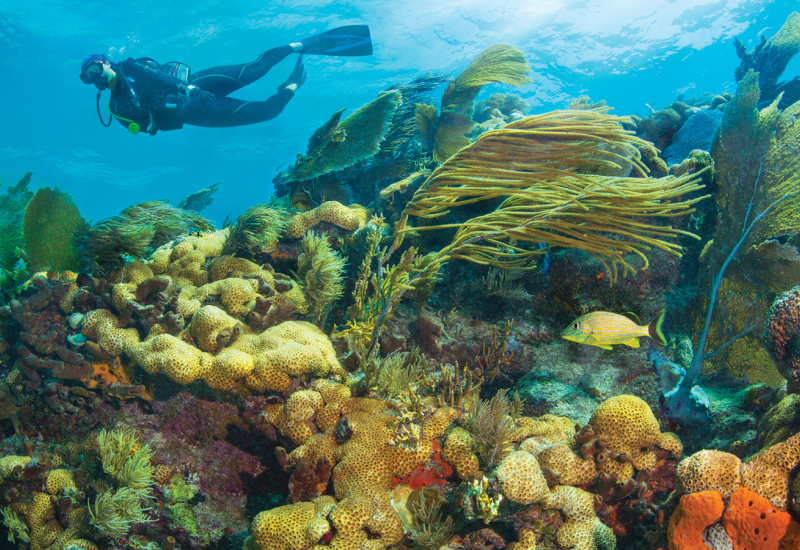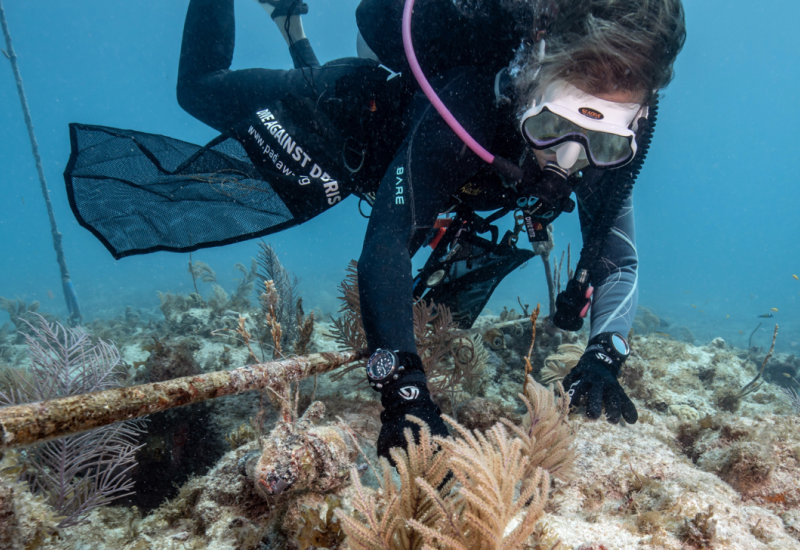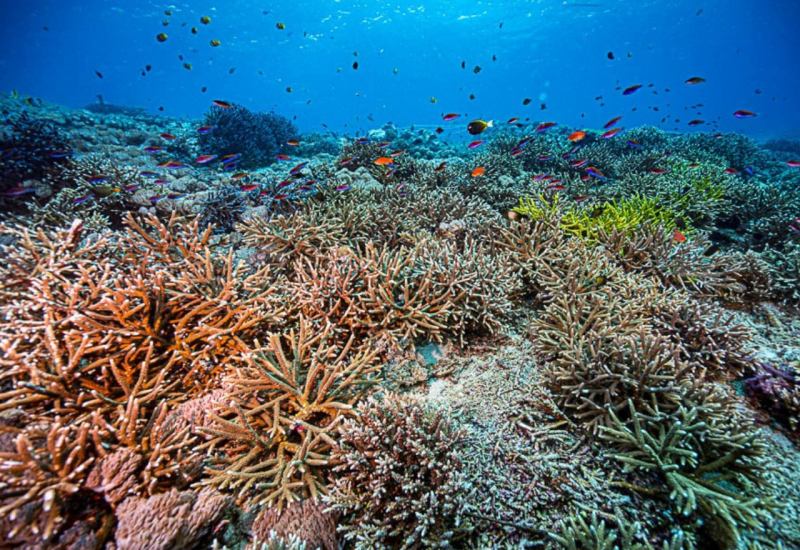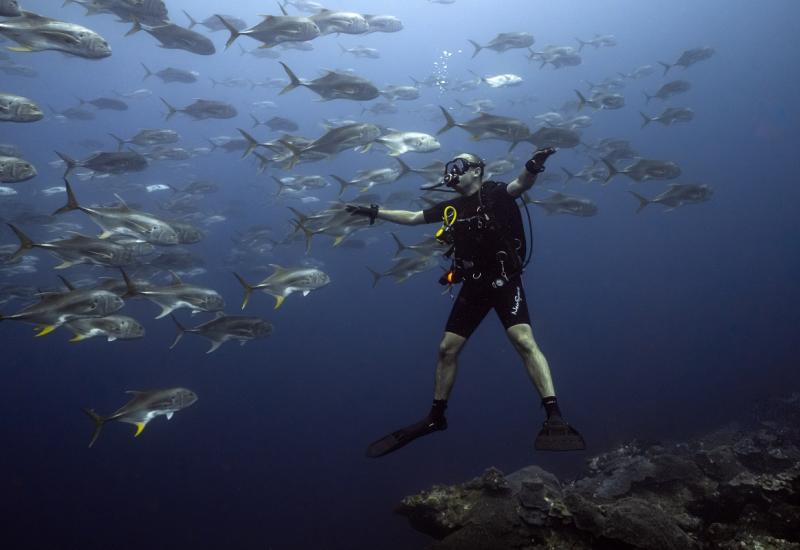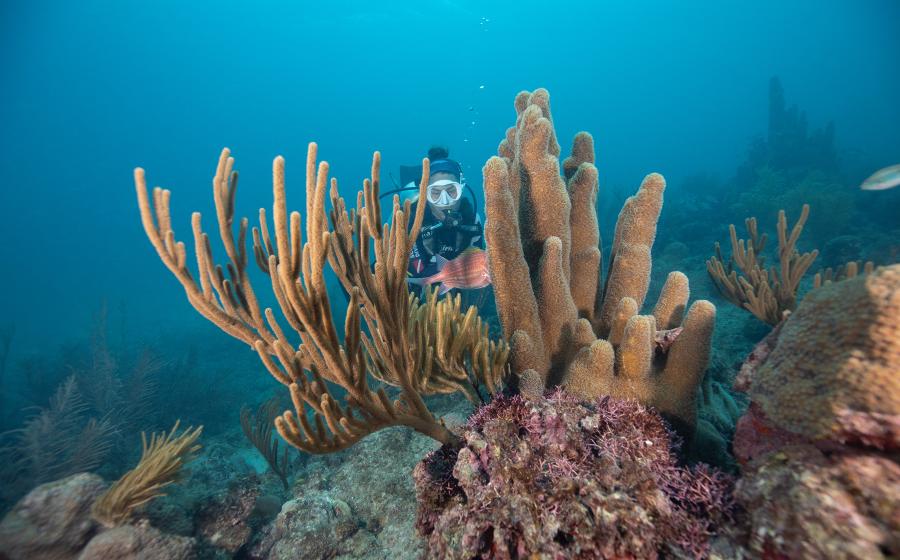Bryde’s Whales a Step Closer to Endangered Status
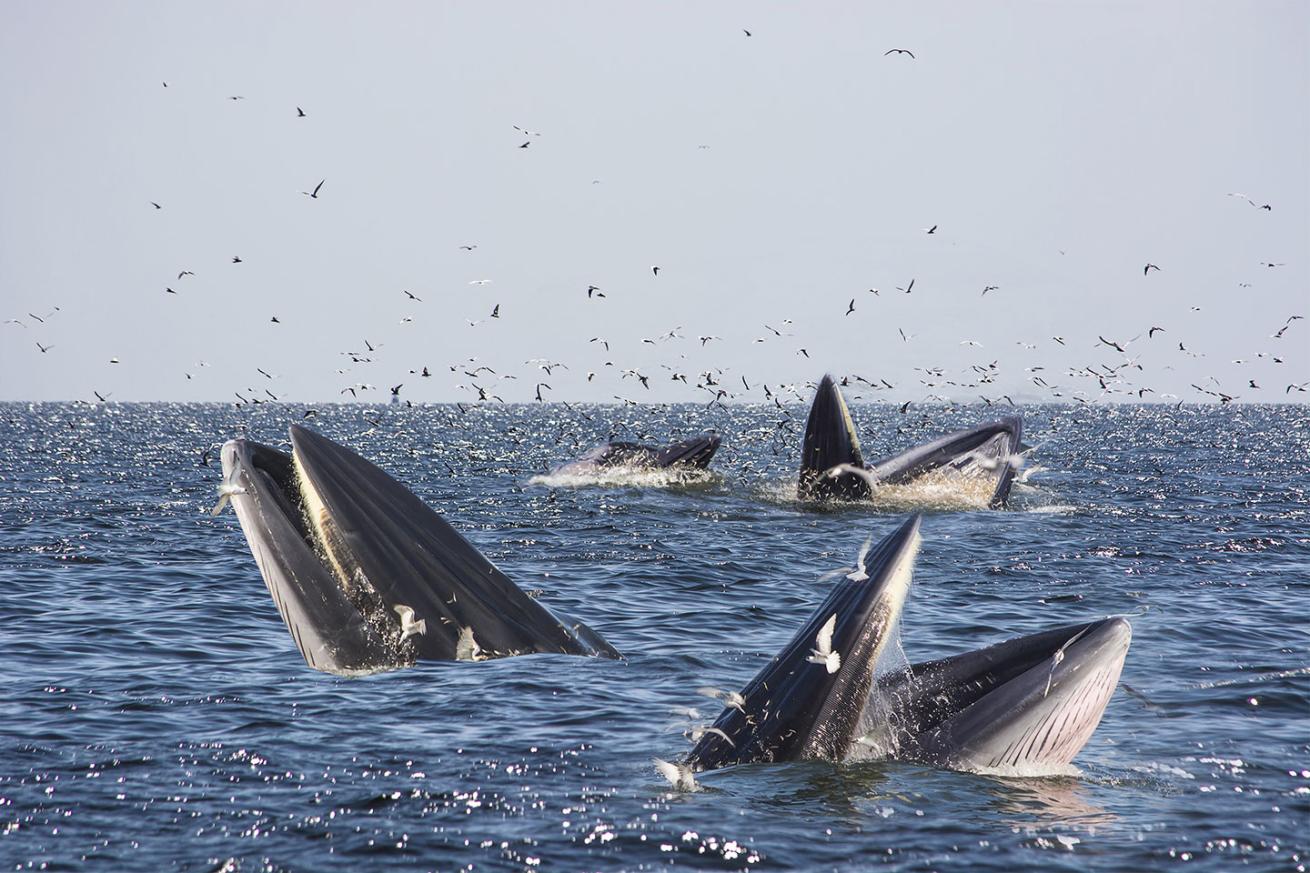
ShutterstockKnown for spectacular feeding behaviors, which involve lunging mouths agape through schools of fish and krill, Bryde’s whales have a diverse diet that allows them to find food and stay in the Gulf of Mexico’s waters all year long.
A unique group of whales native to the Gulf of Mexico is one step closer to Endangered Species Act protections. The National Marine Fisheries Service (NMFS) today released its proposed listing for the Bryde’s (pronounced BROO-dus) whale, saying, “we believe that the species faces a high risk of extinction.”
The Bryde’s whale subspecies (Balaenoptera edeni) in the Gulf is genetically unique and has fewer than 50 individuals remaining, limited to habitat in the DeSoto Canyon, off the Florida panhandle.
Read 7 Fun Facts about Bryde's Whales.
The Natural Resources Defense Council petitioned for listing under the Endangered Species Act in September 2014, citing the small population, limited habitat, and numerous potential threats in the Gulf’s highly industrialized waters, including: collisions with ships, deafening ocean noise from oil and gas activity, and pollution from the Deepwater Horizon spill and other sources. NMFS’ proposal lists the small population size and energy exploration as “high” threats and says “a regional cooperative effort to protect and restore the population is necessary.”
Following is a statement from Michael Jasny, director of NRDC’s Marine Mammal Protection Project:
“This subspecies of Bryde’s whale, found only in the Gulf of Mexico, will not survive without a concerted effort. An Endangered Species listing compels action and provides a plan to give these whales the best chance to endure. It’s going to be a challenge to keep them from going extinct, even with these protections. But this is a huge – and critically necessary – step forward to save these whales.”
Balaenoptera edeni is a subspecies of Balaenoptera brydei.
Love scuba diving or snorkeling with big animals? Read our list of the World's Best Places for Big Marine Animal Encounters.
About the Natural Resources Defense Council
NRDC works to safeguard the earth — its people, its plants and animals, and the natural systems on which all life depends. We combine the power of more than two million members and online activists with the expertise of some 500 scientists, lawyers, and policy advocates across the globe to ensure the rights of all people to the air, the water, and the wild.

